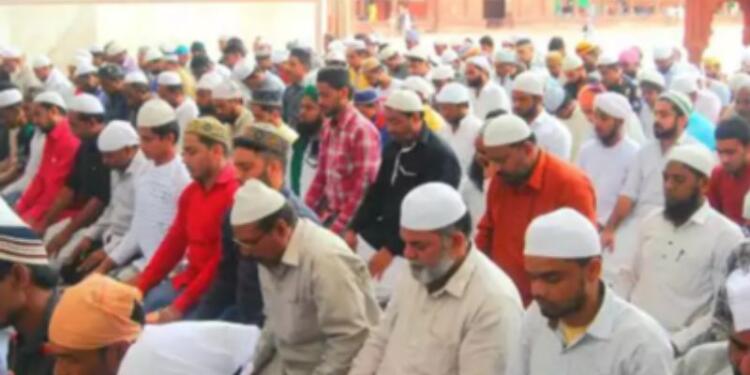In a move that is likely to stir a similar nationwide demand, the Chhattisgarh Waqf Board has directed all mosques in the state to take prior approvals before delivering sermons during Jummah (Friday prayers). According to the state waqf board, the move aims to ensure that the mosques focus solely on religious teachings and curb political speeches.
A circular was issued by the Chattisgarh Waqf Board to the Mutawallis (caretakers) and imams of the mosques to seek prior approval from the board before delivering sermons. The reason given for this by the Waqf is that the mosques are turning more towards political grounds rather than religious ones.
Salim Raj, the newly appointed chairman of the Waqf Board and head of the BJP’s minority cell in Chhattisgarh, emphasized the importance of keeping mosques apolitical. In a statement, he expressed concern over reports of “anti-government” speeches in some mosques and asserted that religious spaces should not become political platforms. “They must talk about Islam, its teachings, and the message of Allah. Politics must be left for politicians,” he said.
Speaking with TOI, state Waqf Board Chairman Salim Raj said, “I have issued the order on a WhatsApp group as of now and will officially send it to all Mutawallis in mosques of the state. A mosque is a religious place of prayer and worship, not a political adda. The Jumma Namaz (Friday sermon) speeches should not have any political inclination or discussion or deliverance. The mosques should confine themselves to religious sermons and not a source of issuing fatwas for and against political parties.”
This directive of Waqf will be implemented in over 3,800 mosques from this Friday. As usual, the opposition political parties like Congress and AIMIM have started to create a hue and cry against this move.
AIMIM chief Asaduddin Owaisi alleged that it infringes on Article 25 of the Constitution.
The Bharatiya Janata Party has welcomed the move. To defend the decision, a BJP spokesperson cited concerns over the misuse of mosques for political or anti-national activities, referencing the impact of such actions in Kashmir. He stressed the need to prevent similar situations in Chhattisgarh.
Nonetheless, while critics have raised questions over the powers of the state waqf board to pass such directives, over the years, there have been demands, especially from security concerns and to strengthen social cohesion, to curb radicalisation and brainwashing that is said to be prevalent in many orthodox Mosques that are run by hardline maulanas in the garb of religious sermons on the day of Jummah prayers.

























